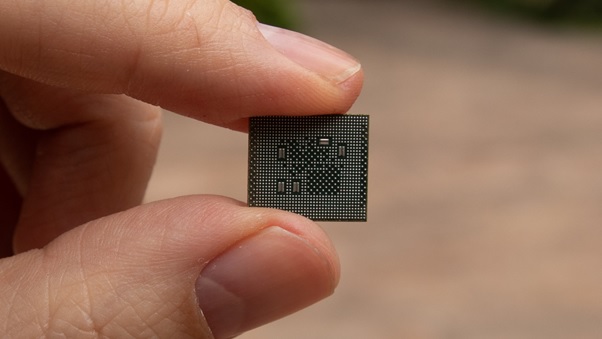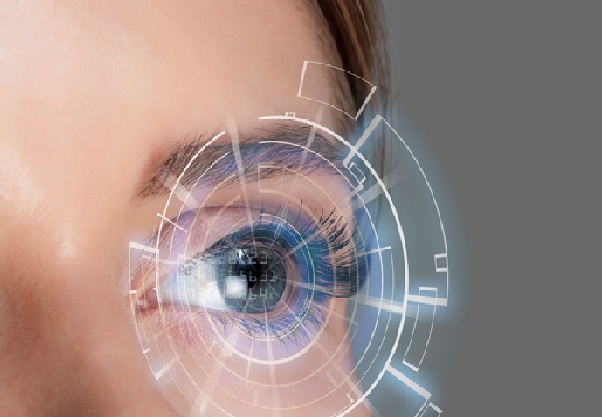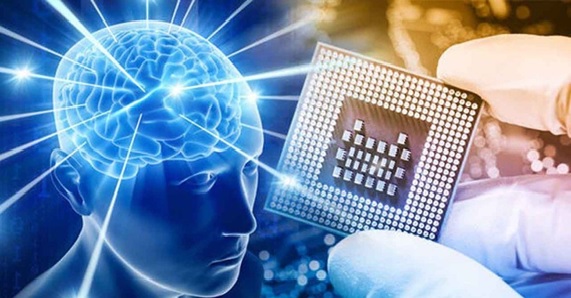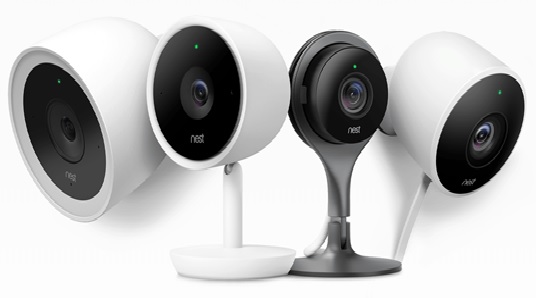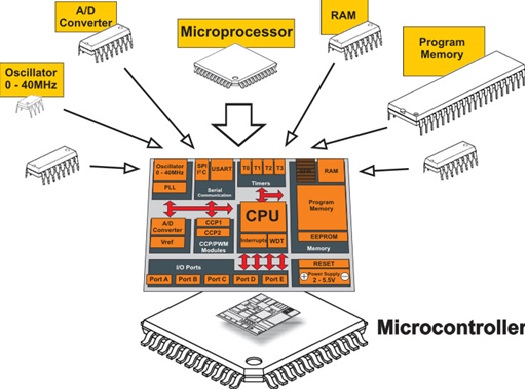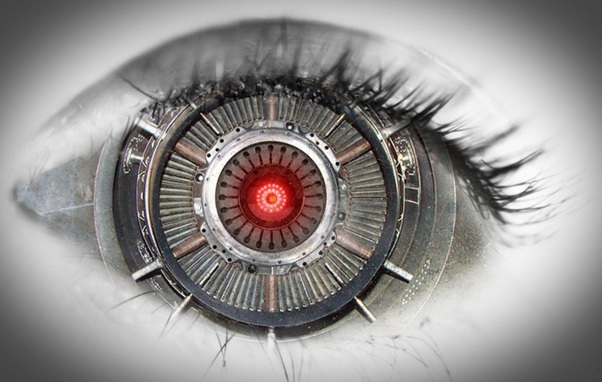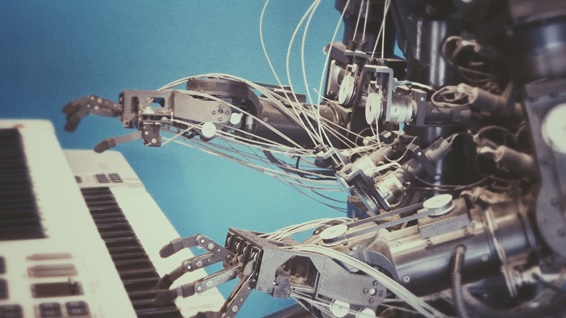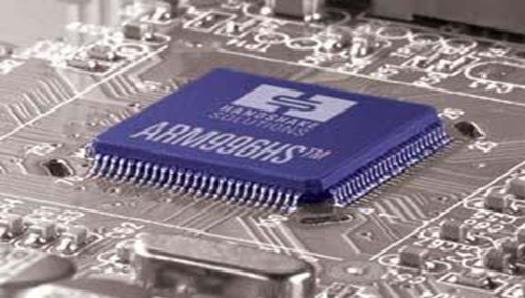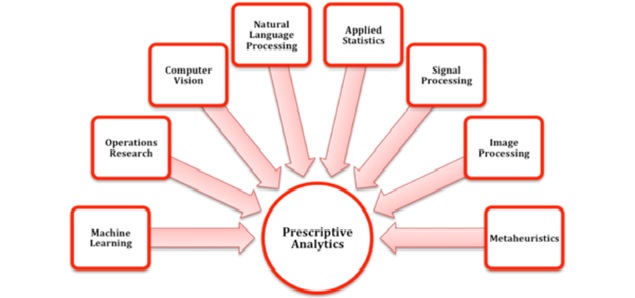The Artificial Neurons on Silicon Chips
In 2021, scientists made a breakthrough in developing artificial neurons built on silicon chips, aiming to replicate the function of biological neurons in the human brain. These silicon-based neurons represent a major step in neuromorphic engineering, where hardware mimics the structure and behavior of biological neural systems.
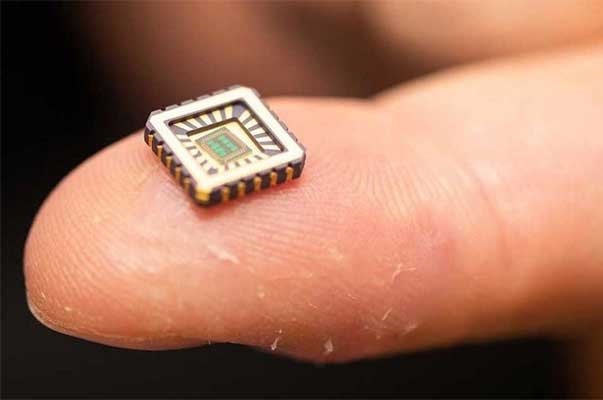
Figure 1. Silicon-Based Artificial Neurons: Mimicking the Brain with Microchips.
What Are Artificial Neurons?
Artificial neurons are electronic circuits that mimic the behavior of biological neurons. Unlike traditional artificial neural networks (ANNs) that run on digital hardware (like GPUs), these neurons physically emulate the electrical signaling of the brain. Figure 1 shows Silicon-Based Artificial Neurons: Mimicking the Brain with Microchips
How Are They Built on Silicon Chips?
- Engineers use semiconductor fabrication to embed artificial neurons into silicon wafers.
- These chips use analog and mixed-signal electronics to simulate neuronal behavior such as spiking, integration, and signal transmission.
- Some designs use memristors, components that mimic synapses, to enable learning.
Key Advances in 2021
- Researchers from the University of Bath (UK) developed a silicon-based artificial neuron that replicates biological ion channel behavior in real time.
- The neurons could mimic the response of rat hippocampal and respiratory neurons, important for memory and breathing.
- The development allowed for ultra-low power consumption, a crucial step toward practical brain-machine interfaces and medical implants.
Applications
- Medical Devices: Can be used in pacemakers, prosthetics, or implants to restore neural functions.
- Brain-Machine Interfaces: Enables communication between machines and the human nervous system.
- AI Hardware: Boosts efficiency of neuromorphic computing by reducing the energy cost of simulations.
Significance
- Unlike digital simulations, these chips can emulate real-time neuron dynamics.
- They open the door to more bio-compatible electronics that could eventually repair or replace damaged neural circuits.
Reference:
- https://www.bbc.com/news/science-environment-50644545
Cite this article:
Nandhinidwaraka S (2021), The Artificial Neurons on Silicon Chips, AnaTechMaz, pp. 43


